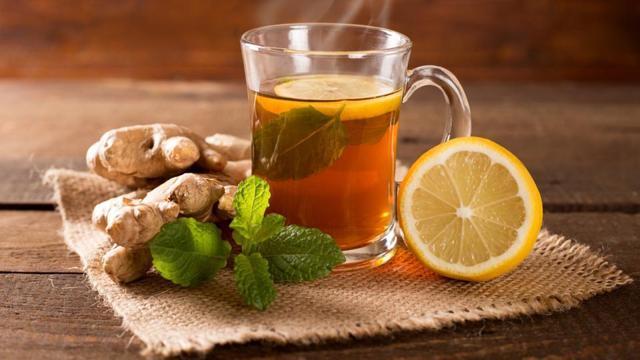Winters are the worst season for your heart. Here’s why
The link between winters and depression is well-known. Now, two new studies show how there is a jump in hospitalisation rates in winter, for illnesses related to the heart.
Do you feel unwell during winter? It’s not just ‘winter depression’ or Seasonal Affective Disorder (SAD) that is pulling you down. According to two new studies conducted by the Society for Cardiovascular Angiography and Interventions, winter is also the most common time for hospital admissions.

Previous studies have highlighted how cardiac problems see an increase during winters, as the dip in the temperature restricts the arteries, leading to decreasing blood flow and oxygen supply to the heart. Other factors that impact the heart are a drop in body temperature, decreased level of vitamin D in the body, and an increase of blood viscosity.

What the study says
The recent study, led by researcher Dhara Patel, estimated an annual number of patient hospitalisations for aortic dissection (tear in the inner lining of the aortic vessel) from 2000-2012. Results of this study showed hospitalisations being highest in winter (January) and lowest in summer (June).
“While earlier studies have shown seasonal variations for other cardiac conditions, this is the first time we found an impressive pattern of seasonal variation in hospitalisations in the US, specifically for aortic dissection,” said Patel, adding, “Our results show a notable increase in hospital rates in the winter, and now we need to work to truly understand why this is happening.”
A second study reviewed patients from the NIS database admitted with STEMI (a serious type of heart attack during which one of the heart’s major arteries is blocked) from 2007 to 2011. The results for in-hospital mortality rates ranged by month and showed patients admitted with STEMI having a higher mortality rate in winter months than in summer months.
“Our study is the largest of its kind to look at the effect of admission day/month on STEMI outcomes, and our results show a higher mortality rate in winter months,” said lead author, Chowdhury Ahsan. The study has been presented at the Society for Cardiovascular Angiography and Interventions (SCAI) Scientific Sessions in San Diego.

What you should eat
Here are some of the foods that you should eat in winter to boost your immunity:
* Ginger
Ginger can be consumed fresh, grated, or as an infusion to stimulate the immune system.
* Fruits and vegetables rich in vitamin C
Boost your daily intake of foods that are rich in vitamin C, which acts as an antiviral. Have fruits such as lemons, oranges, grapefruit and kiwis. Vitamin C is also found in vegetables like broccoli, turnips, cabbage, peppers, fennel and spinach.
(Inputs from AFP and ANI)
Follow @htlifeandstyle for more
Catch your daily dose of Fashion, Taylor Swift, Health, Festivals, Travel, Relationship, Recipe and all the other Latest Lifestyle News on Hindustan Times Website and APPs.
Catch your daily dose of Fashion, Taylor Swift, Health, Festivals, Travel, Relationship, Recipe and all the other Latest Lifestyle News on Hindustan Times Website and APPs.






